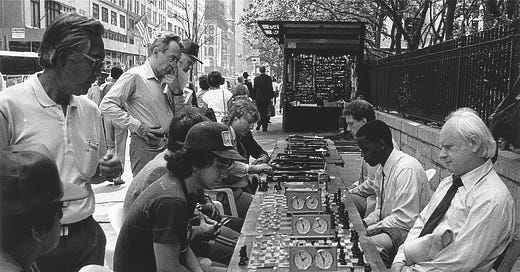In my second year of college, my English professor assigned us a series of short stories.
One has stayed with me ever since: Every Man She Kisses Dies by Robert Olen Butler.
I think about it often. Not just because of the title, but because I was never sure whether the men in the story literally died, or if their “deaths” were metaphors for people who disappeared from her life.
The story ends with a man who doesn’t die. She kisses him, opens up about the emotional and religious trauma she carried, especially from her father. Instead of leaving, he listens. He tells her he’s a carpenter.
Maybe it’s a biblical reference, or maybe it’s just the right metaphor. He understands that people are broken in places. He is too. But still, he chooses to love her, even the parts she believes are unlovable.
And he stays. He lives.
There’s a speech I once heard, called Make Good Art. The speaker talked about writing short stories as a kind of training. Like novels, they require a beginning, middle, and end. But with far fewer words. Writing them, again and again, helped him build the structure and clarity to eventually write full-length books.
That idea resonated with me. It made me think about life as a short story.
I can’t rewrite the beginning.
I don’t know how it ends.
But I do have some say over the middle.
Every day starts and ends. And somewhere in between, we get to decide how we show up.
I am reminded of the awkwardness with which I play chess. I know the rules. I aim for the center of the board, the strongest position. I hold that space and wait. With some luck, my opponent makes a mistake and I can checkmate.
This year, I’ve experienced more loss than I knew I could carry. In some ways, I feel like the girl from Every Man She Kisses Dies.
But in this short chapter, I’ve also grown more than I ever have before.
Short stories ask us to practice beginnings, middles, and ends.
And life, I think, asks the same.



